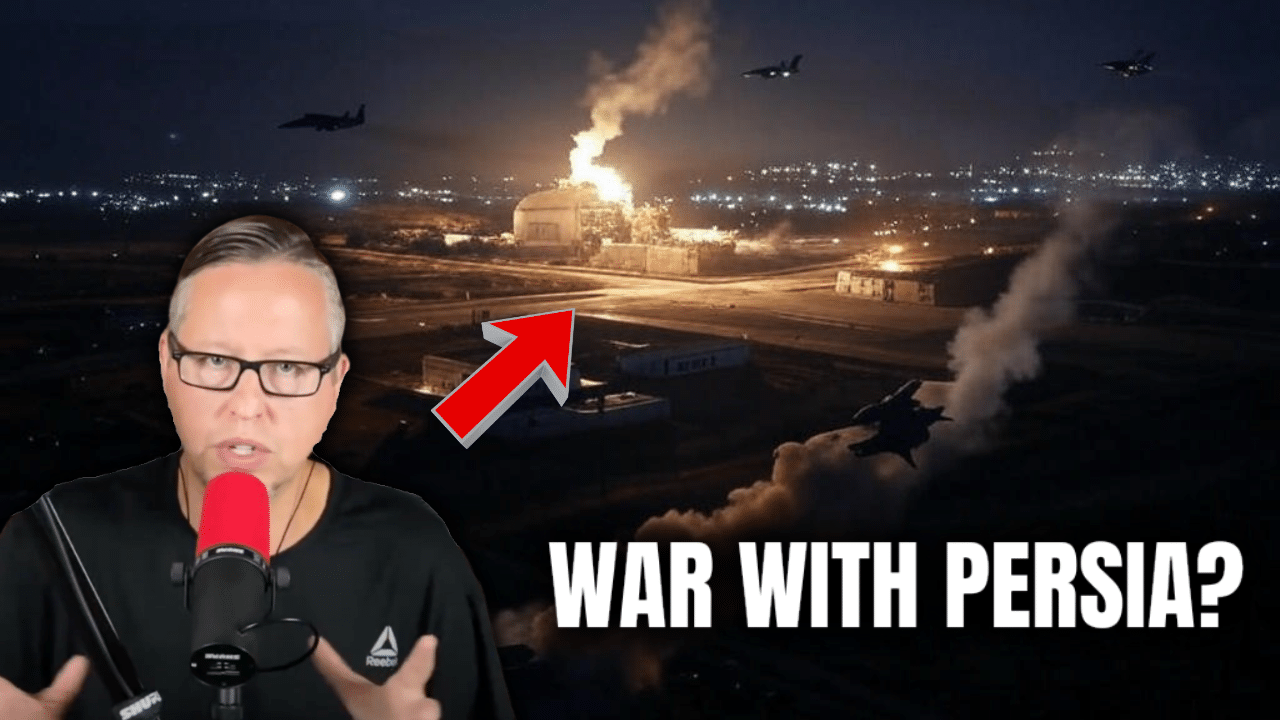The U.S. is in the final stages of sending almost $570 million in security assistance to Taiwan — the largest such package to date, and one sure to frustrate China — according to multiple congressional aides and a U.S. official.
The administration will use its fastest tool available to deliver the aid: directly shipping its own stocks, a process it’s heavily relied on to support Ukraine’s self-defense. This $567 million package has already received the Pentagon’s approval and is now awaiting the president’s signature.
As it stands, it would be almost double a package of $345 million sent last year. The president will likely approve the tranche before the fiscal year expires at the end of the month, said one aide and an official, who like others speaking for this story were not permitted to talk to the press and were granted anonymity.
The new package of aid has not been previously reported.
Taiwan is by far the most delicate issue in America’s relationship with China. Beijing maintains the democratically governed island is part of its rightful territory, and won’t rule out military force to one day unite with it. The U.S., meanwhile, is Taiwan’s oldest and largest supplier of military aid.
The impasse often leads to public displays of frustration. At this year’s Shangri-La Dialogue, Asia’s largest defense summit, China’s Minister of National Defense Adm. Dong Jun warned that supporters of Taiwanese “separatists” would be punished — shortly after China’s military held large drills around the island.
And in a briefing this week, a spokesperson for China’s Ministry of Foreign Affairs condemned U.S. military support, arguing it “sends a wrong message to ‘Taiwan independence’ separatist forces.”
Still, at a September defense conference hosted in Beijing, which a top Pentagon official for China attended, members of the People’s Liberation Army were gentler.
The month before, U.S. National Security Advisor Jake Sullivan also traveled to China, where he met with senior members of the government and helped schedule a long-sought call between America’s top military leader in the region and his Chinese counterpart.
The security assistance will fund training, stockpiles, anti-armor weapons, air defense and multi-domain awareness, according to a U.S. official, who would not be more specific.
It will also include drones, which are key to America and Taiwan’s “asymmetric” strategy to defend the island against China’s much larger military.








